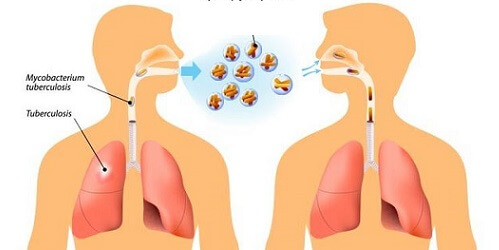Nutritionally acquired immunodeficiency syndrome (N-AIDS) is a link between malnutrition and tuberculosis (TB), as highlighted in a BMC Global and Public Health study. The study highlights the need to recognize malnutrition as a predictor and comorbidity in TB patients, similar to HIV/AIDS. Nutrition is crucial. Hence, the study recommends integrated screening and care procedures to enhance TB outcomes worldwide.

N-AIDS: Malnutrition’s Clue to TB
The review describes how malnutrition became the leading cause of secondary immunodeficiency and the focus of nutritionally acquired immunodeficiency syndrome. The study suggests treating TB patients’ malnutrition similarly to HIV/AIDS’ integrated screening and care methods. Malnourished people are at higher risk of TB, and a century-long correlation is found.
Since over four million TB cases go undetected worldwide, the study highlights the difficulty of early detection. More than 50% of TB patients in high-burden countries are malnourished at diagnosis, making weight loss a crucial signal. Systematic TB screening is recommended, especially in populations with a prevalence of over 0.5%. Current screening methods overlook latent disease and nutritional deficits in favor of clinical TB.
In the study, malnourished TB patients’ weakened immune response leads to more severe illness symptoms, making treatment challenging. Skinny people had poor post-TB health outcomes despite weight growth affecting TB therapy outcomes. The risk of unfavorable treatment results, including mortality, is higher for severely malnourished people. The report recommends nutritional status screening as part of TB treatment, like HIV testing.
READ ALSO: £399 Flow Headset Offers New Hope for Depression as Private Sales Skyrocket by 700%
Prevention Strategies, Malnutrition Reduction for TB
The review finds an inverse association between hunger and TB rates using historical and prospective data. Natural experiments during World Wars I and II and NHANES I show that hunger significantly affects TB incidence. The Indian RATIONS trial showed a 40% reduction in the incidence of TB with nutritional support, emphasizing the need for malnutrition prevention. Health-economic models predict significant TB incidence and mortality reductions with population-scale malnutrition reduction.
The study concludes that TB treatments should combine nutritional screening like HIV testing to address malnutrition as a critical comorbidity. The study recommends TB programs to give nutritional counseling and support while advocating for WHO recommendations and publishing worldwide malnutrition statistics. A holistic approach requires cross-sectoral coordination, international collaboration, and more financing for operational nutrition and TB research.
READ ALSO: Reports Reveal Troubling Impact: Hospitals Owned by Private Equity Harming Patients



